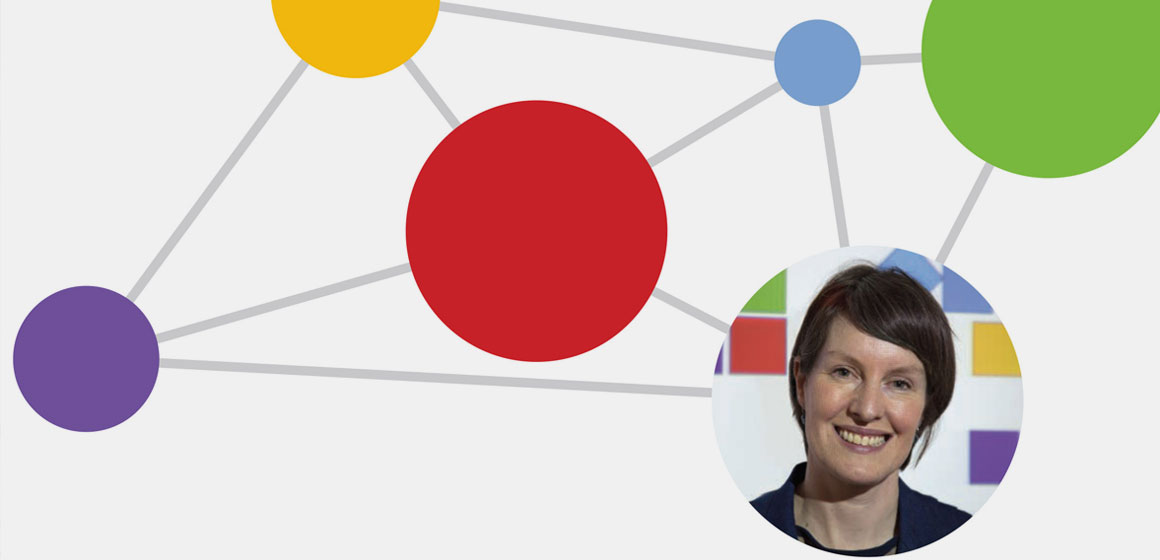
Kidney specialist Dr Suetonia Palmer describes her work as “sorting the wheat from the chaff”.
When Christchurch kidney specialist Dr Suetonia Palmer gives lectures on her work she often starts with a slide covered in a random series of dots.
“It's messy, it's disconcerting.
It's unhelpful,'' she says.
“When you put the dots into a pattern though, you can see immediately what's missing, and what's important. The information becomes clear.''
Creating patterns from thousands of pieces of medical data is key to Palmer's research – and one of the reasons she has won much funding and acclaim early in her academic career.
Her research at the University of Otago, Christchurch, involves complex analysis of “big data” studies on kidney disease treatment to provide better – and more useable – information for clinicians, patients and policymakers.
Palmer started working in Christchurch as a kidney specialist in 2011. Since then, she has quickly become an internationally-recognised expert in the use of information to inform health-care decisions. Her research impact was recognised in 2012 when she became the first New Zealander to win a L'Oréal Australia and New Zealand For Women in Science Fellowship. And, in 2013, she was awarded a Royal Society Rutherford Discovery Fellowship.
Palmer says a simple way to explain her work is “sorting the wheat from the chaff”.
She uses emerging network science, which involves bringing existing data into a single framework, allowing the information to be understood in its entirety. This network building enables her to, for example, rank treatments from best to worst.
“We live in a world of 'overwhelm'. My work is about going methodically through the information, ranking it and providing patterns which doctors and funding agencies can understand – that they can use,” she says.
“My work is about going methodically through the information, ranking it and providing patterns which doctors and funding agencies can understand – that they can use,”
“The challenge is in differentiating between the treatments which work and those which don't. It sounds simple, but it's not. A doctor is faced with, say, eight to 10 treatments for a condition. But they don't know which is the safest or the most effective. Big trials might compare one treatment with a placebo, but not with other treatments or a combination of treatments.”
Palmer's clinical experience means she can put the patient – and the often daunting experience they face coming to terms with kidney disease – at the fore of her research priorities.
“People can move quickly from having mild kidney disease to kidney failure, where they need dialysis. This is a confronting and expensive treatment that radically affects their quality of life. Anything we can do to change this is positive,'' she says.
“One of the high gaps in our knowledge is how the disease impacts on patients and what their priorities are for treatment. We might, for example, find a treatment works, but it comes with certain side effects or constraints, or doesn't address the key concerns of patients and families.
“A patient has to have the right information to assess which treatment suits them – and we need to understand what their priorities are. Only then can we design treatments that work and are acceptable.''
Palmer has recently embarked on new qualitative research in Canterbury with patients and families to understand such priorities. Early indications suggest patients want information about simple things such as symptoms, and how to cope with the disease and integrate it into meaningful lives.
Funding
- Rutherford Discovery Fellowship
- Health Research Council
- Canterbury Medical Research Foundation
- L'Oréal Australia and New Zealand For Women in Science Fellowship